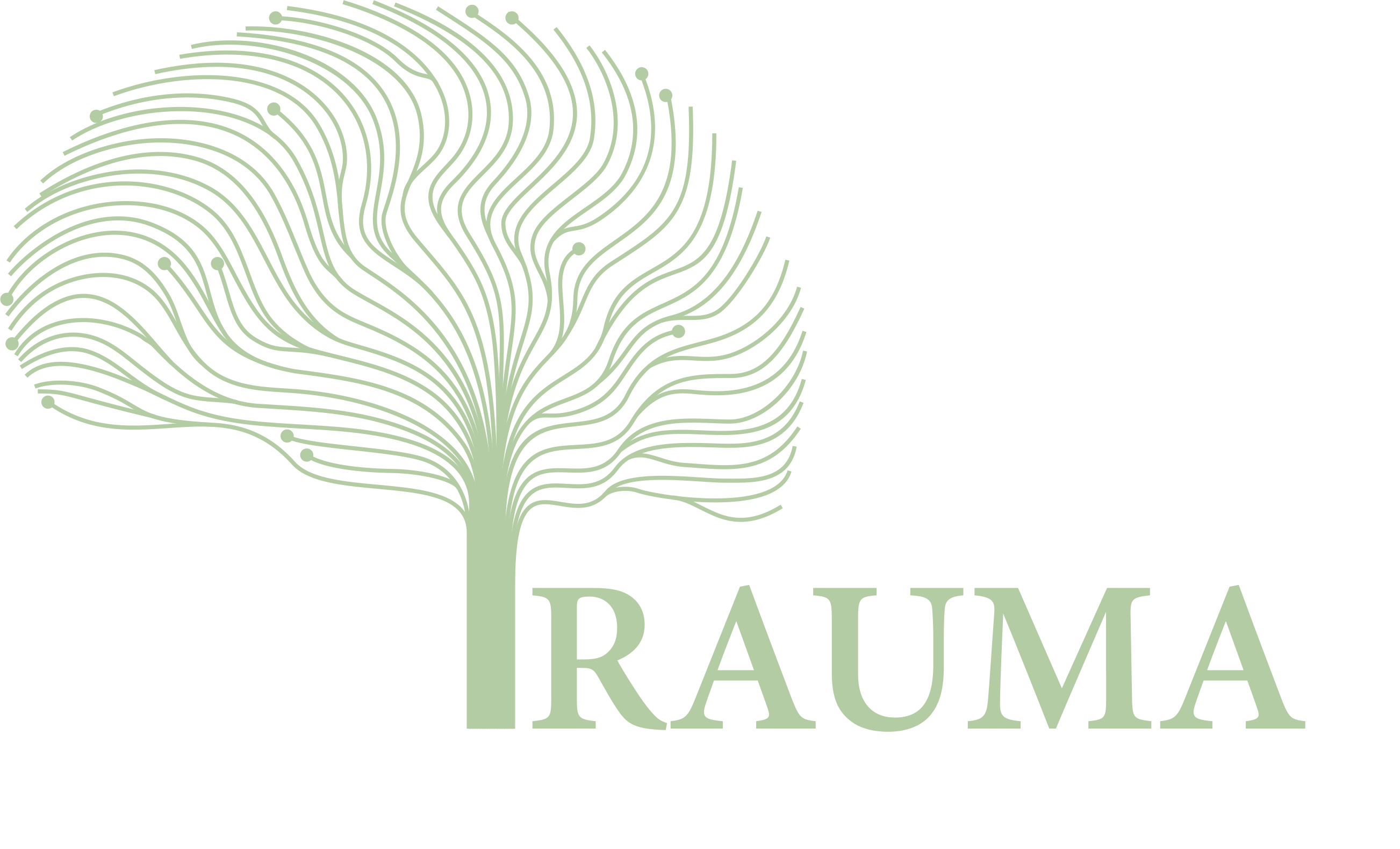Cognitive Behavioral Therapy for Irritable Bowel Syndrome is known to be effective in treating related physical and emotional pain related to the condition. Irritable Bowel Syndrome, or rather known as IBS, is a digestive issue that can significantly impact quality of life. The condition can interfere with keeping to commitments, pain management, emotion regulation and even impact relationships with loved ones. In addition to medications and dietary restrictions that can help alleviate symptoms of IBS, a therapy technique that has shown to be a valuable primary or adjunct treatment is Cognitive Behavioral Therapy. Cognitive Behavioral Therapy (CBT) is a psychological approach that helps address mental and emotional factors that can contribute to stress, trauma, and, physical pain including the pain caused by IBS symptoms. This technique focuses on identifying negative thought patterns that can activate or trigger stress, anxiety, depression, IBS symptoms, and more. CBT teaches clients coping strategies to manage stressful or triggering events or stimuli. Using these techniques, clients can reduce the frequency of “flare-ups” of symptoms. CBT also teaches techniques to manage and decrease experienced physical pain. Using CBT techniques, clients can use their coping strategies, such as mindfulness, cognitive restructuring, and many more, to ultimately identify, understand, and manage emotional, social and even physical symptoms relating to IBS and IBS-related discomfort.



